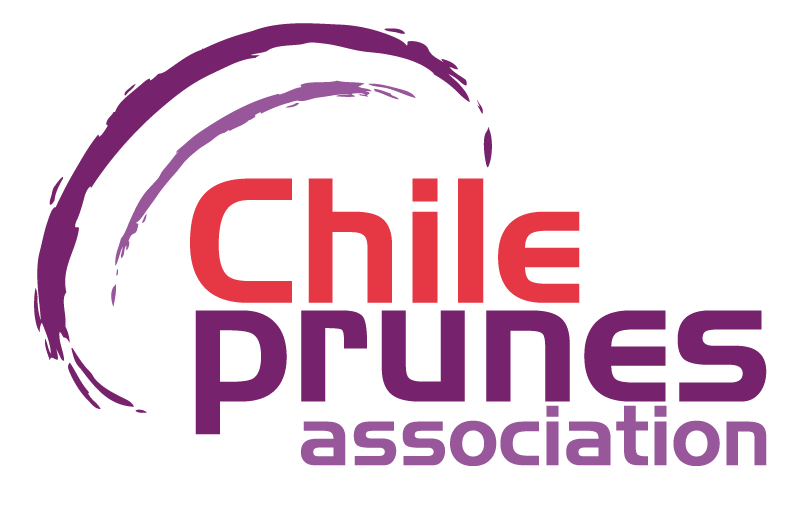At the second meeting of the Technical Committee, this December 14, Pedro Acuña presented the agenda and progress of the project; Fernando Barrera guided activities to define the purpose, objective, scope and themes of the standard. The benchmark findings were in charge of Karina Orellana.
In a highly participatory virtual meeting, the second session of the Technical Committee in charge of the “Design of a Sustainability Standard for the Agroindustrial Sector of Dried Plums” was held. The “workshop” type activity, promoted by Chileprunes and organized by IICA, allowed attendees to interact and vote using the Wooclap tool, a method that facilitates the dynamics of interaction and opinion.
The work of the committee was profitable, since each item presented in the meeting was submitted to a vote and comments, generating new concepts and more precise definitions in the approach of: purpose, objective, scope and themes associated with the sustainability standard. In the words of Fernando Barrera, IICA Extension Specialist; “It is a consensual dialogue, to reach an agreement among all and thus build a satisfactory text.”
Thus, instead of “improvement” we will speak of “strengthening”, the idea of “positive contribution, to minimize impact” will be added and the concept of “quality” will be included. The term “sustainability” will be brought to the forefront in all definitions and, when talking about the communication of the standard in its objectives, “who is being spoken to” and “to whom the information will be delivered” will be taken into account.
Technical Team Proposal
In light of the development stages in the production chain, the technical team raised its proposal to make a double standard, for two large processes: one for primary production processes focused on property activity, whether or not they include the sun and oven dried; and a second standard for agro-industrial processes or any of the logistics and marketing processes.
Who could agree to be certified under the standard in the first stage, and how many producers do you want to reach? Possible answer: all the producing farms at the national level whose destination is the dehydrated plum market, whether or not they are members of Chileprunes. Although the idea appears somewhat ambitious, according to those present it is 100% perfectible and susceptible to new contributions.
In the words of Gabino Reginato, Dean and Academic of the Faculty of Agricultural Sciences of the University of Chile; “the standard is not really a mandatory standard, that if you don’t pass it you’re out; it is rather a path and a continuum of people who are always improving in sustainability (…) it is like certifications in fresh fruit: people come, receive their certification and know that they can continue to improve”.
For the scope of the second standard, referring to agro-industrial processes or any of the logistics and commercialization processes, it was proposed to cover all agro-industrial processing plants and exporters of dehydrated plum nationwide, whether or not they are members of Chileprunes, a criterion that it was widely accepted.
After conducting a prioritization survey among 64 national and international stakeholders, it was possible to define the most relevant issues for the 5 dimensions of the standard: environmental, social, management, quality, and ethics. And making a cross between impact vs. relevance, the survey revealed the need to make the use of energy resources more efficient and add the relationship with local communities, which is considered important to ensure the sustainability of companies in the sector.
Finally, of the 16 different international standards that the benchmark plans to analyze, 9 have already been studied and a preliminary balance of 1034 good practices, actions and requirements has been created, analyzed within the themes and dimensions already prioritized in the previous survey. In the next stage of the design, consultative work committees will be formed by area, to prepare a list of best practices that are most adjusted to the national reality, consolidating the benchmark. Finally, a sector diagnosis will be delivered and field visits to potential companies are planned in February 2023.


